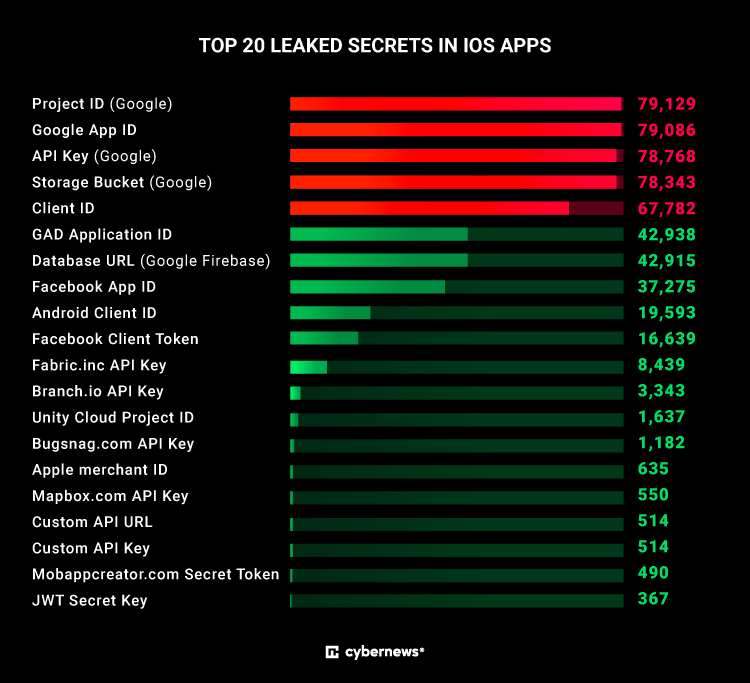The Department of DOGE may gain access to sensitive tax and medical records stored within the Internal Revenue Service (IRS) and the Social Security Administration (SSA). These agencies hold highly confidential information, including disability records, adoption details, financial disclosures, and the immigration status of U.S. citizens.
Civil rights advocates warn that such data could be compromised in the event of a leak, undermining public trust and discouraging tax filings. There is also a growing concern that this information could be politically weaponized, particularly in light of statements made by the Trump administration.
The White House has confirmed that DOGE will receive access to the IRS’s most sensitive tax infrastructure but insists that the agency will not obtain personal taxpayer data—only the ability to identify fraud and potential political bias in data processing. In response to these developments, acting SSA Commissioner Michelle King resigned from her post, refusing to grant DOGE access to the agency’s records.
On February 17, a lawsuit was filed against the IRS and DOGE, seeking to block access to taxpayer data and demanding the deletion of any previously obtained records. The lawsuit details that IRS records include information on charitable donations, dependents, tax audits, corporate financial reports, and personal income statements. Meanwhile, the SSA database contains medical diagnoses, incarceration histories, and citizenship records for over 70 million individuals.
Tax records in the U.S. have been protected by federal law since 1976, which strictly limits access to such information and imposes criminal penalties, including imprisonment, for unauthorized disclosures. In January 2024, a former IRS contractor was sentenced to five years in prison for leaking thousands of tax returns.
However, DOGE is now demanding access to the highly restricted Integrated Data Retrieval System (IDRS). This request has raised significant concerns among experts, who note that even IRS commissioners do not have unrestricted access to this system, which is only available to a limited number of employees and contractors.
Civil liberties organizations fear that a lack of transparency could erode public confidence in the tax system. If DOGE fails to justify its need for access and explain how the data will be safeguarded, the voluntary compliance that underpins the U.S. tax system could be jeopardized, potentially dealing a severe blow to the national budget.
Moreover, the lawsuit highlights a potential conflict of interest, given that DOGE is led by Elon Musk. Such a scenario could grant Musk access to the tax records of competitors and details of pending investigations into his companies. Plaintiffs emphasize that no other businessman has ever been granted such privileges.
Legal experts warn that without clear oversight and accountability, every American—including billionaires—could fear the exposure of their tax information. Critics of DOGE argue that the situation could have profound consequences for the tax system, with vulnerable groups—including immigrants and survivors of domestic violence—already reluctant to file tax returns. Advocacy organizations representing these communities fear that DOGE’s access to IRS and SSA data could lead to discrimination and persecution.


